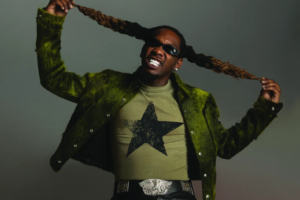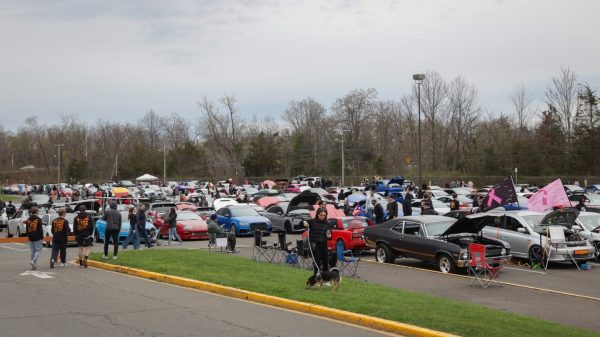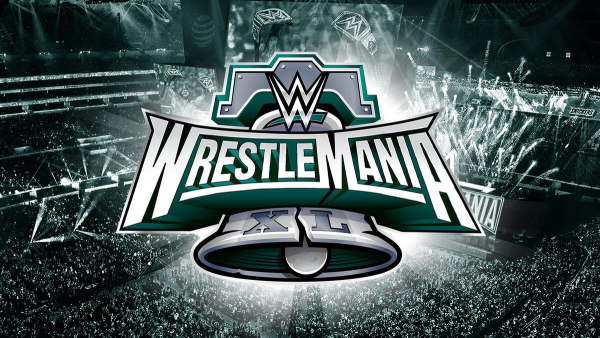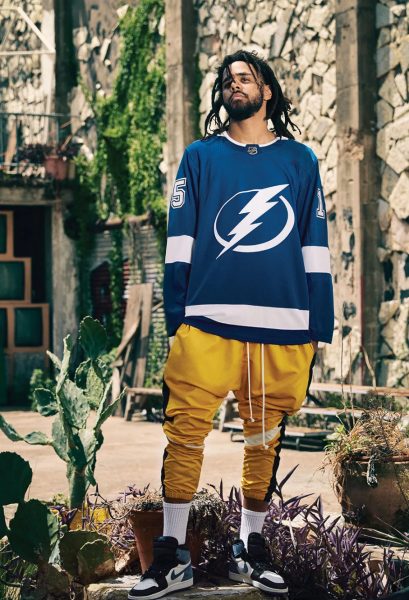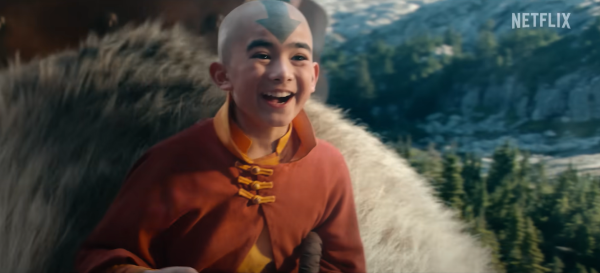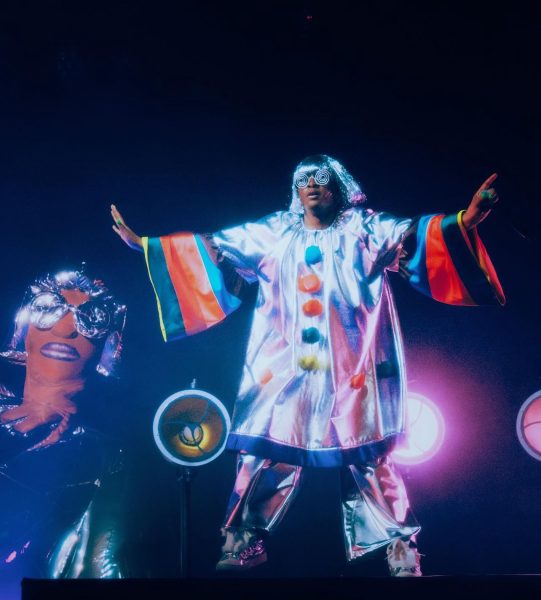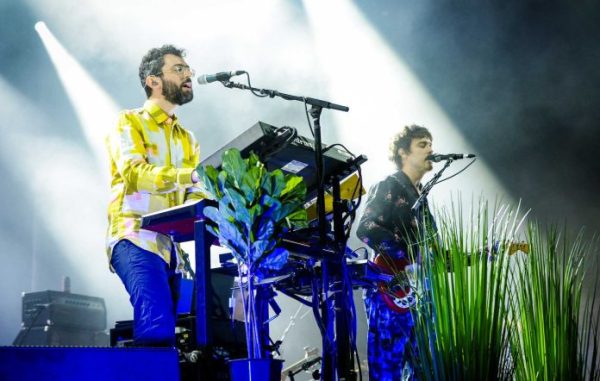Astro World Disaster
December 6, 2021
Ezra Blount, a 9-year-old who was comatose from brain, liver, and kidney trauma, succumbed to his injuries on Nov. 15, bringing the death toll to 10 from the Astroworld Festival hosted 10 days prior. Before his hospitalization, he was sitting on his father’s shoulders when the packed audience caused him to pass out. The boy got lost in the crowd.
Blount’s tale is tragic, but it’s a story that the thousands who attended Travis Scott’s Astroworld Concert on Nov. 5 in Houston can empathize with. Officials have declared it a “mass casualty event.”
Large-scale concerts have been known to face similar issues in the past, where hordes of fans rush to the front of the stage to get closer to their favorite artists. Fans can asphyxiate or go into cardiac arrest as they are pushed from all sides. The less fortunate few, who end up fainting or falling, are at risk of being trampled further.
Survivors of the stampede describe the front of the crowd as “walking over a sea of bodies.” Videos surfaced of fans screaming for help as they struggle to get up. Other footage has been taken of teens begging cameramen to stop the show.
Scott paused the performance three times to help individual fans. The first pause was 25 minutes into the performance, but the show would only conclude 48 minutes later. He claims that he didn’t know what was going on in the crowd.
The event was overcapacity, which exacerbated the many security failures. Ambulances that attempted to aid those who had collapsed were unable to get past the parking lot as some were dancing on top of it. Accounts of attendees show that there was not nearly enough security personnel.
The concert was clearly poorly managed. Given certain insights from before and after the event, it’s reasonable to assume that negligence played a role. According to the Houston Chronicle, the Astroworld Concert promotor is notorious for safety violations in the past. Promoters are typically responsible for upholding the guidelines for crowd safety.
Before the event, Houston Police Chief Troy Finner told the New York Times that he visited Travis Scott and warned him about the potential size of the crowd and the misdemeanors of previous events.
Scott released a video statement two days after the event and it was not received well. The apology video gained a lot of traction for the wrong reasons and it became the punchline of humorous edits.
Among all the trauma, one thing needs to be clear: concerts are supposed to be an enjoyable experience. There’s an unspoken golden rule that all concerts should follow when accidents happen. As quoted by Chester Bennington during a Linkin Park concert in 2001, “when someone falls, what do you do? Pick them up! I care more about every single one of you people in the crowd than I do about this show.”



